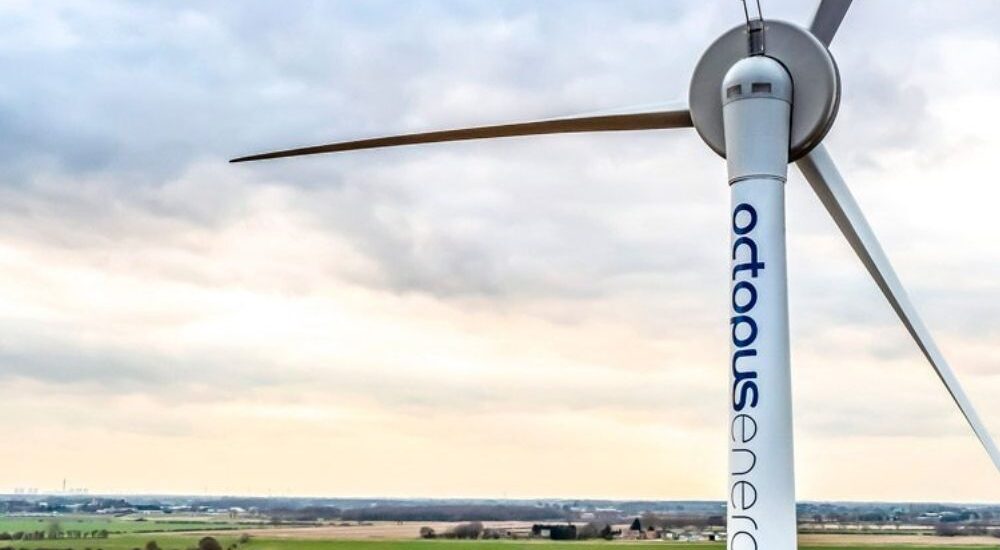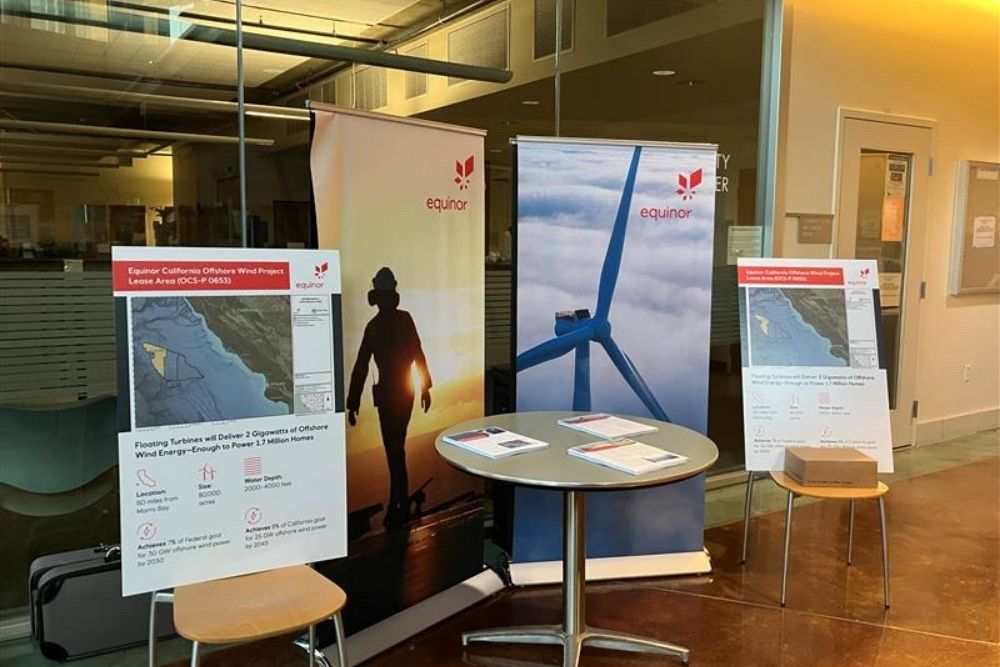Octopus Energy set to buy Shell’s UK, Germany home energy business
- September 4, 2023
- Posted by: Quatro Strategies
- Categories: ESG & Renewable Energy, Europe

Shell is selling its home energy business in the UK and Germany to British energy provider Octopus Energy Group. This move is part of a broader deal in which the two firms will explore a partnership related to electric vehicle (EV) charging. Returns in the UK energy retail sector have been constrained in recent years as companies have grappled with rising wholesale costs and price caps imposed by regulator Ofgem.
Shell Energy Retail Limited in the UK and Shell Energy Retail GmbH in Germany provide domestic gas, power, and broadband services to roughly two million customers, operating under the Shell Energy brand. Octopus Energy’s acquisition of Shell’s assets is expected to solidify its position as the second-largest home energy supplier in the UK, with approximately 6.5 million customers, second only to Centrica’s British Gas, which has roughly 7.5 million retail customers.
Octopus Energy made a strategic move last year by acquiring Bulb, a competitor that was among the largest energy suppliers to go bankrupt in 2021 due to surging wholesale gas and electricity prices. While the financial terms of the Shell-Octopus deal were not disclosed, earlier reports estimated its value at $50-100 million. The sale is set to complete in the fourth quarter of 2023, pending regulatory approval, and Shell Energy Retail customers will be contacted at that time.
In addition to the divestment, Shell and Octopus Energy have signed a memorandum of understanding to explore an international partnership in the realm of electric vehicle charging. This partnership could extend to Shell Recharge subscribers, marking a significant move into the EV market for the two energy companies.
Interested in learning more?
Sign up for Top Insights Today

Top Insights Today delivers the latest insights straight to your inbox.
You will get daily industry insights on
Oil & Gas, Rare Earths & Commodities, Mining & Metals, EVs & Battery Technology, ESG & Renewable Energy, AI & Semiconductors, Aerospace & Defense, Sanctions & Regulation, Business & Politics.



